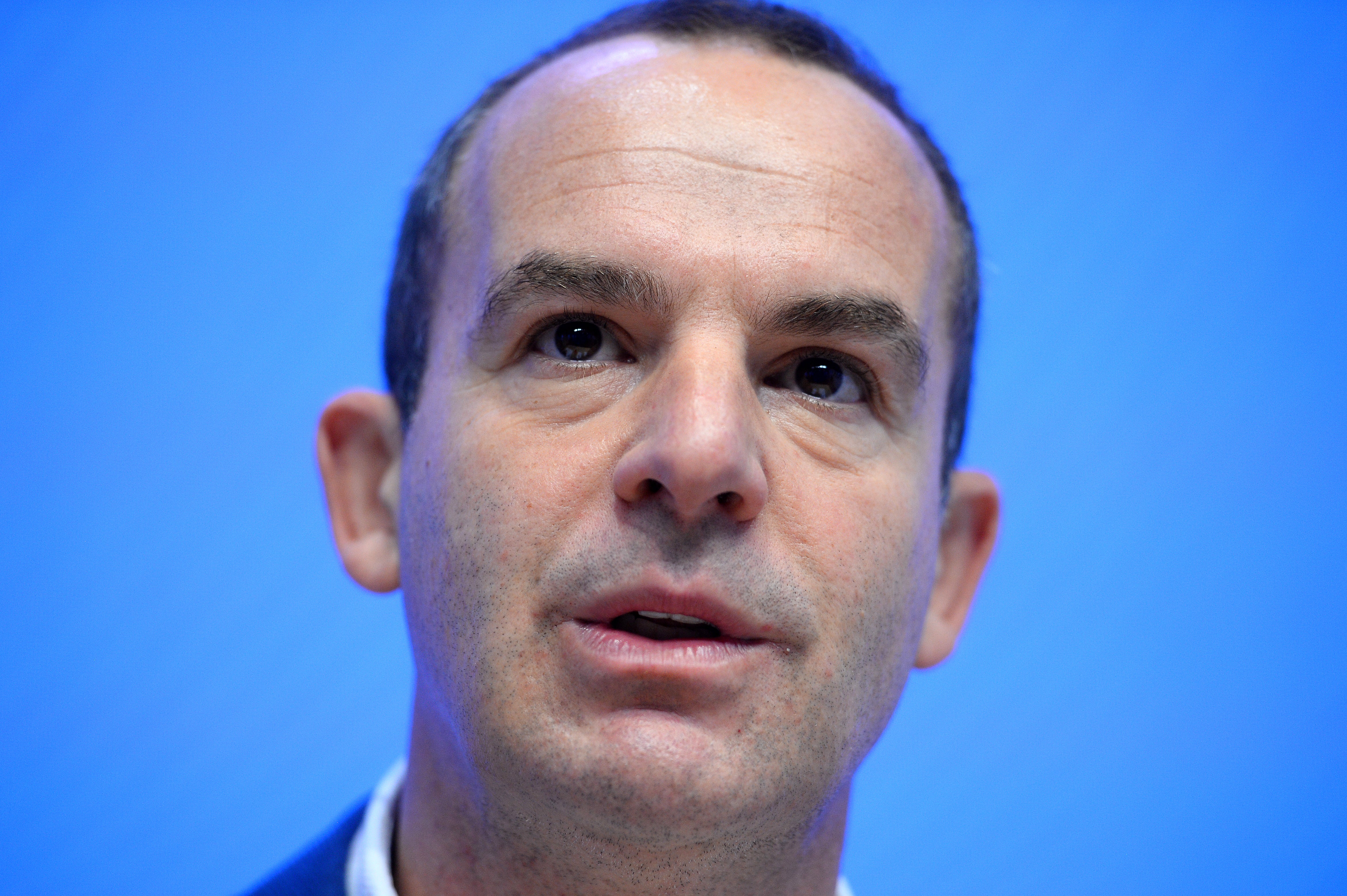Martin Lewis reveals three ways to keep energy bills down before April 1 surge
Cost for electricity and gas set to increase by more than 50 per cent from 1 April
Your support helps us to tell the story
From reproductive rights to climate change to Big Tech, The Independent is on the ground when the story is developing. Whether it's investigating the financials of Elon Musk's pro-Trump PAC or producing our latest documentary, 'The A Word', which shines a light on the American women fighting for reproductive rights, we know how important it is to parse out the facts from the messaging.
At such a critical moment in US history, we need reporters on the ground. Your donation allows us to keep sending journalists to speak to both sides of the story.
The Independent is trusted by Americans across the entire political spectrum. And unlike many other quality news outlets, we choose not to lock Americans out of our reporting and analysis with paywalls. We believe quality journalism should be available to everyone, paid for by those who can afford it.
Your support makes all the difference.Energy prices are set to increase by more than 50 per cent to close to £2,000 for the average household next month, leading to an even bigger squeeze on households.
From 1 April, the energy price cap – the maximum amount a utility company can charge – will rise from £1,277 to £1,971 for a household on average usage, a rise of £693 per year.
With wholesale gas prices soaring, it is feared even higher prices are on the horizon.
Experts have predicted the price cap will rise by around £1,000 to more than £2,900 in October when it is next changed.
However, the rise could come sooner if the industry regulator, Ofgem, decides the market cannot handle the pressure.
The money saving expert Martin Lewis has given three pieces of advice to households seeking to limit their exposure to the rising prices.

First, customers using a traditional prepayment meter should check if they are able to build up a stockpile of energy by purchasing as much as they can afford now at the lower rate.
This will not work for everyone, with Scottish Power telling the Money Saving Expert website it would recoup the difference, but will for most providers.
“If you max out your top-up in March before the rate goes up, that's what you'll get, even if you then use that energy in April,” Mr Lewis said.
For those paying by direct debit, he suggested taking a meter reading now and again the day before the price cap increases to ensure that as much energy as possible can be charged at the lower rate.
Third, Mr Lewis said people should be aware of how to claim a £150 council tax rebate from April for every home in council tax bands A, B, C or D in England, Wales and Scotland.
More expensive properties will not benefit from the rebate, but those in Scotland qualify if they receive a council tax reduction.
“Keep an eye out for a letter from the council because each council will tell you its claim system and you need to watch for that,” he said.

Those who are not eligible for the £150 could still benefit from a discretionary £140m fund that has been set up to help those who are struggling.
Mr Lewis said people should speak to their supplier about possible payment plans if they are worried about the impending price rises, and suggested households also check whether they are eligible for the government’s Warm Home Discount or Winter Fuel Payment.
“There are lots of people out there that can afford the increase and won’t like it, but there are also millions of people who will be thrown into fuel poverty, who will get close to having that choice between heating and eating,” he said.




Join our commenting forum
Join thought-provoking conversations, follow other Independent readers and see their replies
Comments